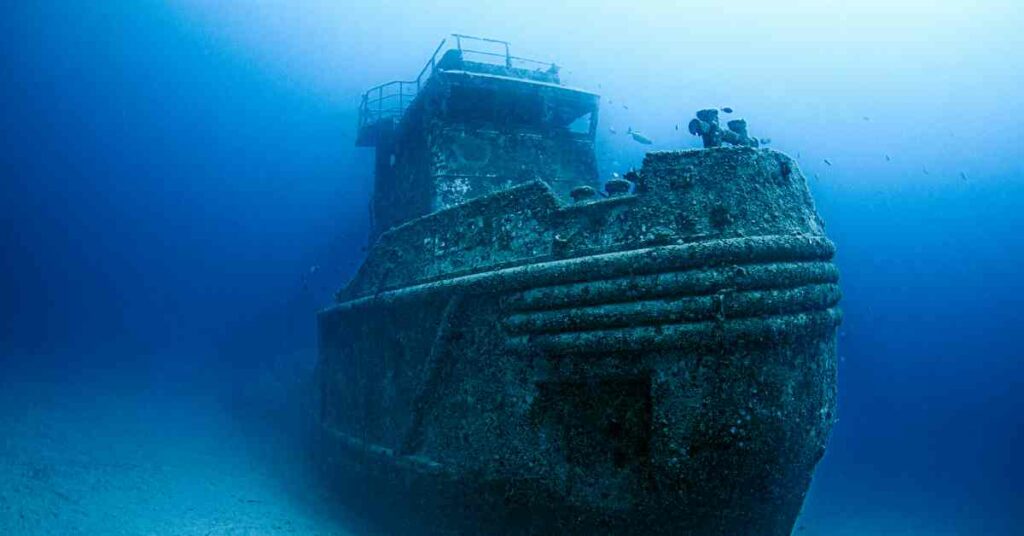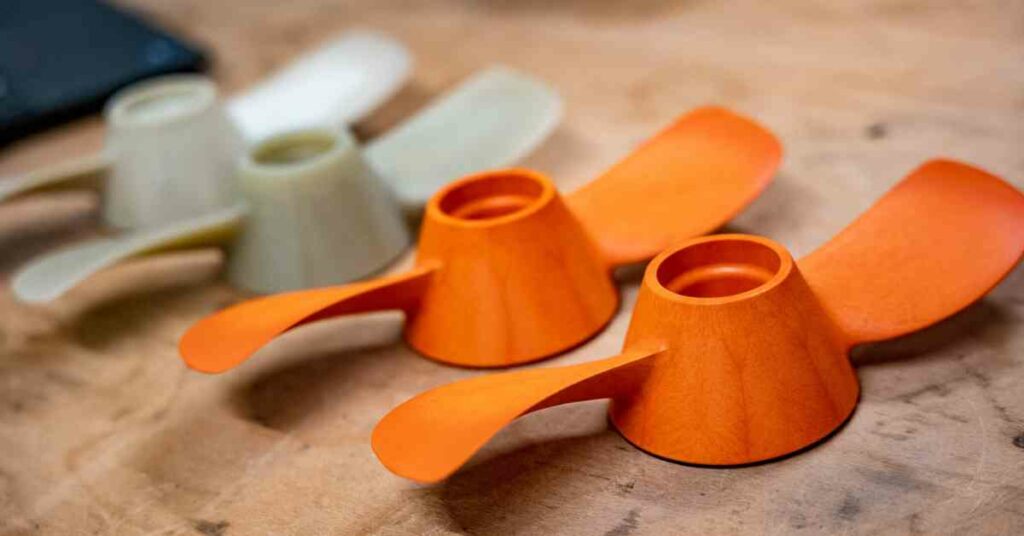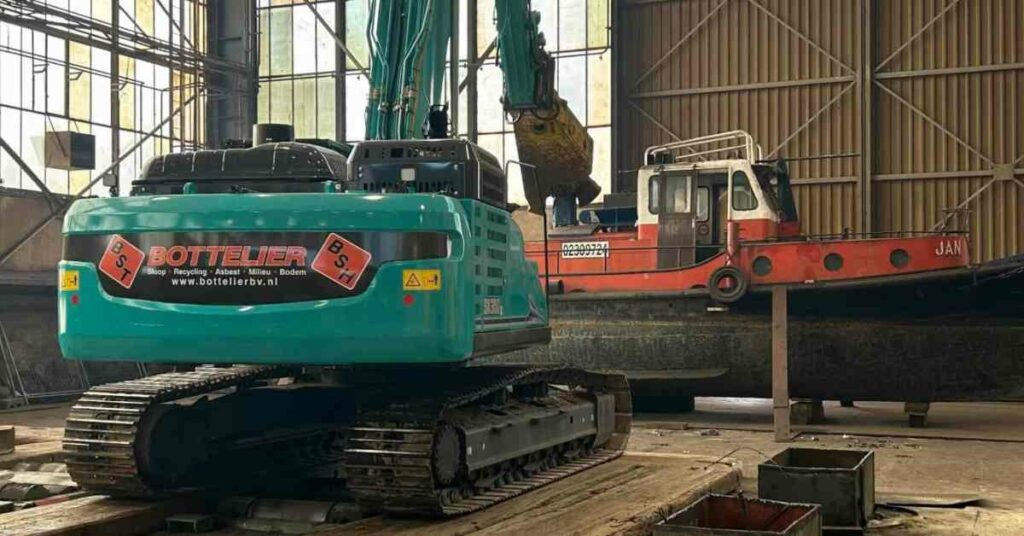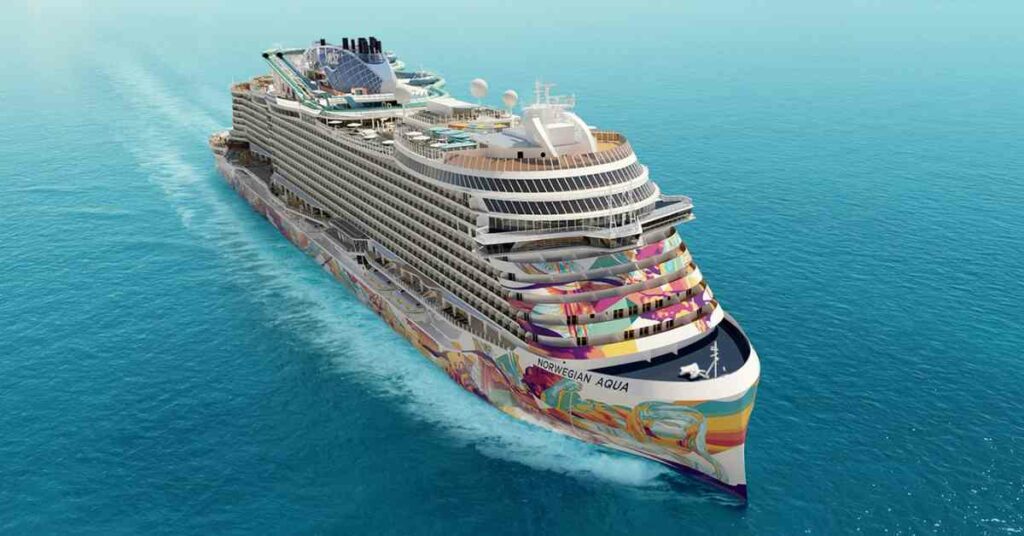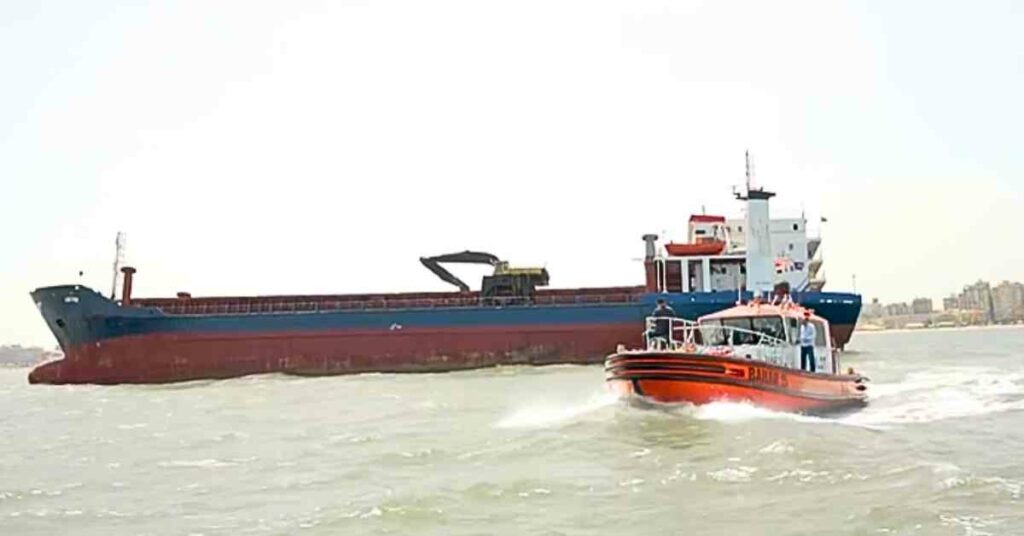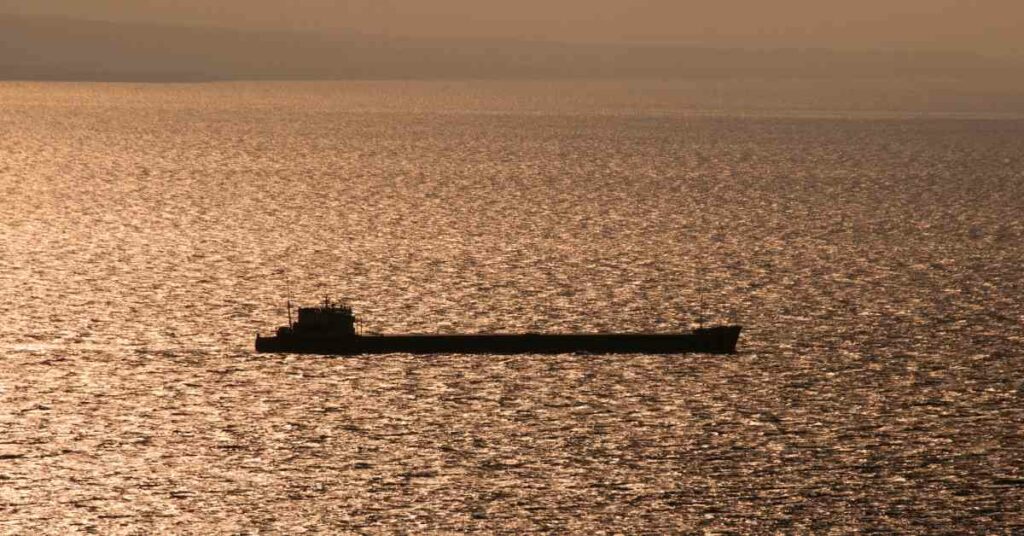Shipping Can Be Greener, Safer And More Efficient If Technological Change Is Worker-Led
Seafarers see the prospect of autonomous ships as an opportunity to solve a number of problems in commercial shipping but warn that crew expertise is central to decision-making in a time of technological change, and to make change effective companies and governments need to ensure the technology is transparent and reliable. Governments and companies need to be more transparent to ensure that crews’ expertise is central to decision-making in a time of huge technological change.
These are the conclusions of research collating seafarer perspectives and expectations on Maritime Autonomous Surface Ships (MASS) published jointly by the Korean Maritime Institute (KMI), the International Transport Workers’ Federation (ITF), and the Korea Institute of Maritime and Fisheries Technology (KIMFT). Researchers interviewed 17 seafarers and seafarers’ representatives, giving voice to their hopes and fears about increasing levels of automation in the merchant fleet.
“Developments in artificial intelligence are making the possibility of fully autonomous ships more real,” said David Heindel, Chair of the ITF’s Seafarers’ Section. “These ships are already being tested, though most seafarers don’t envisage them becoming a practical reality for many years. What we are likely to see is a gradual process where levels of automation steadily increase. Far from considering this a threat to jobs, unions believe it is an opportunity to make shipping safer, with more skilled, better-quality work, putting the industry in a better place to tackle big issues like climate change.”
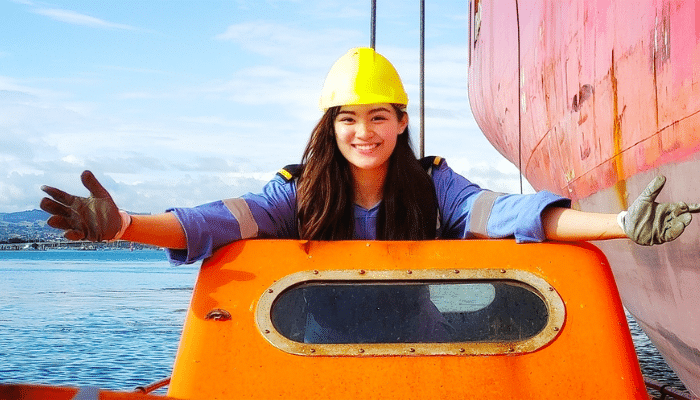
In fact, the research indicates that demand for seafarers’ skills and competencies will keep rising until at least 2040, as the shipping industry continues to boom, although it recognizes that the rate of employment growth may ease slightly because of automation.
“The global reality is that we need cleaner, greener ships to curb the industry’s emissions, and if new technology can help with this challenge, we welcome that. But the industry must also deal with the urgent safety and health issues that seafarers face on a day-to-day basis, from basic access to clean drinking water to have the right skills to be able to work with new and old tech. All of these challenges require workers’ input to resolve them.”
Making the change to new technologies fair
Heindel pointed out that we are on the brink of a huge technological change in the way shipping operates – both due to technological advances and the urgent need to shift to sustainable energy sources in response to the climate crisis. He said that we need to take account of seafarers’ perspectives, ensuring a worker-led just transition, and making the most of their practical day-to-day expertise and experience to ensure technology protects decent working conditions at sea.
“That’s why this report is so important,” said Heindel. “As all parties come to grips with the changes required in regulations and ship operation and the skills that will be needed, it is crucial that we include the voices of those who will be expected to make the new technology work.”
The industry will require a different set of skills and competencies so training will become a critical issue. Seafarers interviewed in the research were very positive about learning new skills and the impact these will have on the quality of their work. But they felt the industry is not doing enough to fund training, preparing seafarers for the changes that are coming.
On 31 May 2023, the report was presented to the 107th session of the International Maritime Organization’s (IMO) Maritime Safety Committee (MSC), which has been scoping the impact of MASS and the regulatory and other changes that may be needed. The research will provide a sound basis for discussions over the next few days about the competencies required for seafarers navigating ships from remote locations, among other things.
“We sincerely expect that this report will contribute comprehensively to the development of the human-centered approach in shipping,” said Dr. Jong-Deog Kim, President of the Korea Maritime Institute. “This report will support the maritime mobility industry in the era of artificial intelligence (AI) with the necessary regulatory development for seafarers who will be affected greatly by the introduction and implementation of maritime autonomous surface ships (MASS).”
Min-Jong Kim, President of the Korea Institute of Maritime Fisheries and Technology added: “This report, which highlights the expectations, insights, and challenges of adopting maritime autonomous surface ships through the voices of seafarers who are on the front lines of maritime transportation, is invaluable at a time when legal regulations for MASS operations are being developed, and I hope that it will contribute to securing the safe operation of MASS by enhancing the human element encompassing the seafarers.”
Press Release
Disclaimer :
The information contained in this website is for general information purposes only. While we endeavour to keep the information up to date and correct, we make no representations or warranties of any kind, express or implied, about the completeness, accuracy, reliability, suitability or availability with respect to the website or the information, products, services, or related graphics contained on the website for any purpose. Any reliance you place on such information is therefore strictly at your own risk.
In no event will we be liable for any loss or damage including without limitation, indirect or consequential loss or damage, or any loss or damage whatsoever arising from loss of data or profits arising out of, or in connection with, the use of this website.
Disclaimer :
The information contained in this website is for general information purposes only. While we endeavour to keep the information up to date and correct, we make no representations or warranties of any kind, express or implied, about the completeness, accuracy, reliability, suitability or availability with respect to the website or the information, products, services, or related graphics contained on the website for any purpose. Any reliance you place on such information is therefore strictly at your own risk.
Do you have info to share with us ? Suggest a correction
About Author
Marine Insight News Network is a premier source for up-to-date, comprehensive, and insightful coverage of the maritime industry. Dedicated to offering the latest news, trends, and analyses in shipping, marine technology, regulations, and global maritime affairs, Marine Insight News Network prides itself on delivering accurate, engaging, and relevant information.

About Author
Marine Insight News Network is a premier source for up-to-date, comprehensive, and insightful coverage of the maritime industry. Dedicated to offering the latest news, trends, and analyses in shipping, marine technology, regulations, and global maritime affairs, Marine Insight News Network prides itself on delivering accurate, engaging, and relevant information.
Latest Shipping News Articles You Would Like:
Subscribe To Our Newsletters
By subscribing, you agree to our Privacy Policy and may receive occasional deal communications; you can unsubscribe anytime.




